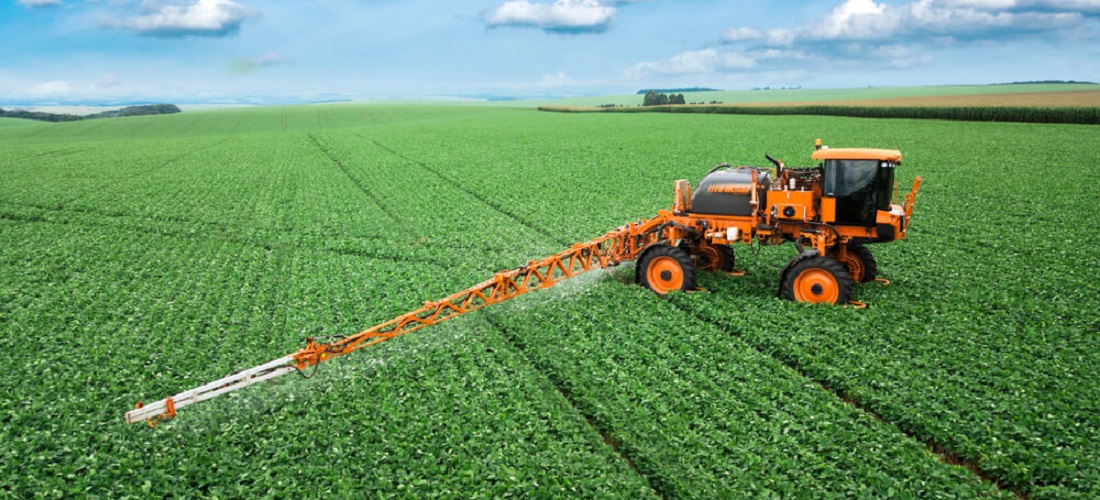
Agribusiness expects growth after slow year
Oct, 15, 2024 Posted by Gabriel MalheirosWeek 202440
Agribusiness companies are anticipating sector growth over the next six months, following a “slow” year marked by climate challenges, falling commodity prices, and the negative impact of conflicts in Ukraine and Israel.
To fuel this growth, businesses plan to focus on workforce training, advanced agricultural technology, and financial management, according to the Agribusiness Sector Barometer survey by consultancy Falconi.
The survey, conducted between July 1 and 28, included responses from 129 leaders and professionals from agribusiness companies of various sizes. Of those surveyed, 48% described the market in 2024 as slow, meaning growth was below 2023 levels; 24% felt the sector was heated, while 28% considered it cooled. Looking ahead, 67% expect agribusiness to grow over the next six months.
When asked about the three factors most affecting company performance, respondents most frequently cited the market and commodity prices (23%), climate change or weather conditions (16%), and government policies and regulations (15%).
In response to these challenges, 19% of companies plan to invest in workforce training and development over the next 12 months. Additionally, 12% will invest in advanced agricultural technology, 12% in financial management, and 11% in storage and logistics infrastructure.
According to Andre Paranhos, vice president at Falconi and head of the agribusiness-focused business unit, these investment priorities signal a new era for the sector. “We’ve seen a first phase centered on land care, followed by a second phase focused on technology. Now we’re entering the era of management. Despite excellent results, agribusiness companies still have a low level of management maturity,” Mr. Paranhos noted.
The survey revealed that the main management challenges facing these companies include aligning strategic planning with execution (13%), managing commercial strategies and sales teams (13%), and defining strategic plans (12%). Leadership preparation and execution control discipline were each mentioned by 10% of respondents.
Many companies are already using tools to enhance management. Of the total, 16% use agricultural management systems, 14% have invested in artificial intelligence, and 12% use sensors and radars for soil analysis, climate monitoring, and smart irrigation. Additionally, 11% invested in machinery automation, 11% in big data for analyzing soil, climate, and irrigation, 10% use drones for spraying and field monitoring, and 10% use satellite imagery.
Among the surveyed companies, 45% consider themselves efficient in adopting new technologies, while 34% rate themselves as very efficient. A total of 61% believe the sector will undergo significant changes due to new technologies within the next three years.
Mr. Paranhos emphasized the importance of a long-term vision that accounts for variables such as political issues, climate, and the risk of arson. He also recommended strategic planning with annual goals and implementing governance systems to ensure results are achieved. “To do this, companies need to be built on two key pillars: people and technology,” the expert concluded.
Source: Valor International
-
Ports and Terminals
May, 16, 2019
0
Codesp seeks container vessel calls during Libra Terminais transition
-
Sugar and Ethanol
May, 20, 2021
0
Operators do not see a sugar shortage bit a change could trigger a sell-off
-
Meat
Jun, 28, 2021
0
China to buy pork for state reserves to support prices
-
Ports and Terminals
Feb, 03, 2020
0
Port of Paranaguá operates vehicle carrier in public berths



